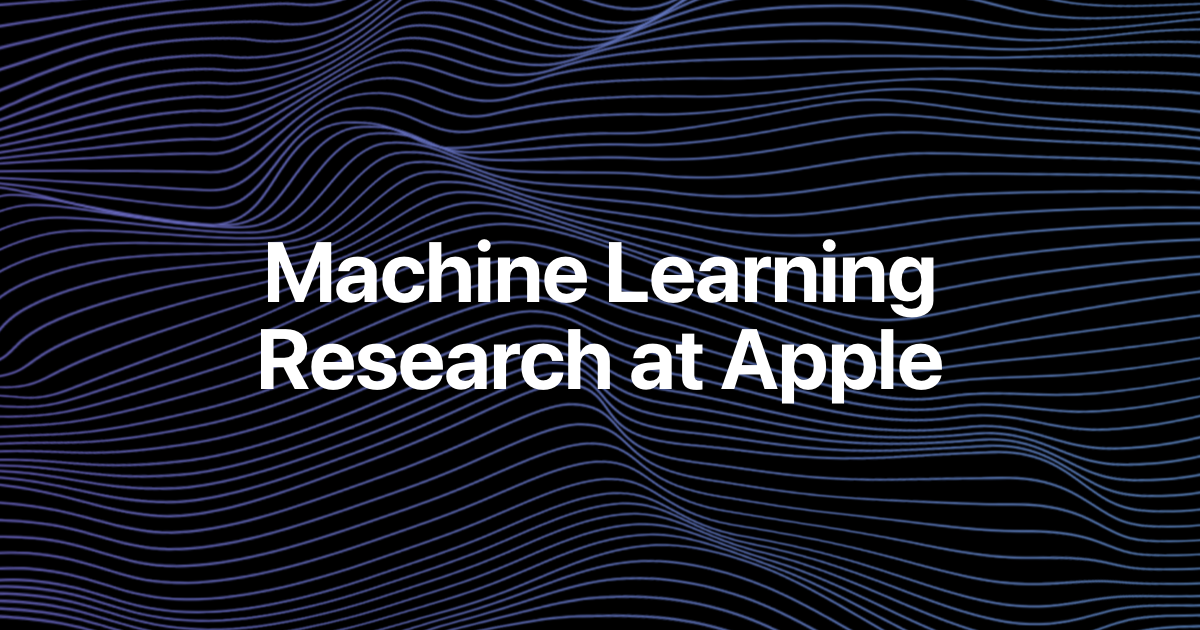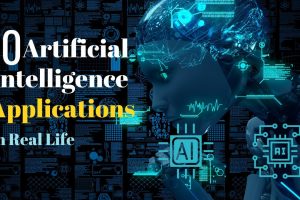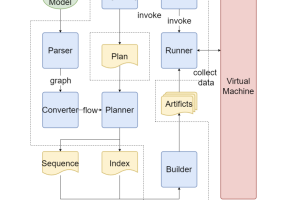Daniel D. Gutierrez, Editor-in-Chief & Resident Data Scientist, insideAI News, is a practicing data scientist who’s been working with data long before the field came in vogue. He is especially excited about closely following the Generative AI revolution that’s taking place. As a technology journalist, he enjoys keeping a pulse on this fast-paced industry.
Artificial Intelligence (AI) has emerged as a transformative force across various sectors, and the financial industry is no exception. With its ability to process vast amounts of data, uncover patterns, and make predictions with unprecedented accuracy, AI is reshaping how financial institutions operate, manage risks, and serve their clients. This article explores the multifaceted impact of AI in the financial industry, highlighting its critical role in enhancing efficiency, improving decision-making, and fostering innovation.
Enhancing Efficiency and Productivity
One of the primary advantages of AI in finance is its capacity to enhance efficiency and productivity. Financial institutions deal with immense volumes of data daily, ranging from transaction records to market feeds and customer information. Traditionally, managing and analyzing this data required substantial human effort and time. However, AI-powered systems can process and analyze large datasets in real time, significantly reducing the workload on human employees.
For instance, AI-driven automation can handle routine tasks such as data entry, compliance checks, and transaction processing. Robotic Process Automation (RPA) is increasingly being employed to automate these repetitive tasks, freeing up human resources to focus on more strategic activities. This not only improves operational efficiency but also reduces the likelihood of errors, leading to more accurate and reliable outcomes.
Improving Decision-Making
In the financial industry, making informed and timely decisions is crucial. AI’s ability to analyze historical data and identify trends allows financial professionals to make better-informed decisions. Machine learning algorithms can predict market movements, assess credit risk, and detect fraudulent activities with remarkable accuracy.
For example, AI-powered trading algorithms are now commonplace in the stock market. These algorithms can analyze vast amounts of market data in real-time, identify patterns, and execute trades at optimal times. This has led to the rise of high-frequency trading, where decisions are made and executed in milliseconds, far beyond human capabilities.
Similarly, AI is revolutionizing risk management. By analyzing historical data and identifying potential risks, AI systems can provide early warnings and recommend mitigation strategies. This proactive approach to risk management helps financial institutions avoid significant losses and maintain stability in volatile markets.
Fostering Innovation in Financial Services
AI is also driving innovation in financial services, leading to the development of new products and services that cater to the evolving needs of customers. One notable area is personalized banking and financial advice. AI-powered chatbots and virtual assistants are increasingly being used to provide customers with tailored financial advice, answer queries, and even manage transactions. These AI-driven solutions offer a level of personalization and convenience that was previously unattainable.
Moreover, AI is enabling the creation of more sophisticated financial products. For instance, robo-advisors use AI algorithms to manage investment portfolios on behalf of clients. These platforms can assess a client’s risk tolerance, investment goals, and market conditions to create and manage a diversified portfolio. This democratizes access to high-quality investment advice, making it available to a broader audience at a lower cost.
Combating Fraud and Enhancing Security
Security is a paramount concern in the financial industry, and AI is playing a pivotal role in combating fraud and enhancing security measures. Traditional methods of fraud detection often rely on predefined rules and patterns, which can be limited in their effectiveness. AI, on the other hand, can continuously learn and adapt to new fraud tactics.
Machine learning models can analyze transaction patterns and identify anomalies that may indicate fraudulent activities. These models can detect subtle changes in behavior that might go unnoticed by human analysts. Additionally, AI can provide real-time monitoring and alerts, allowing financial institutions to respond swiftly to potential threats.
Ethical Considerations and Challenges
While AI offers numerous benefits to the financial industry, it also presents ethical considerations and challenges. One major concern is the potential for bias in AI algorithms. If the data used to train these algorithms contains biases, the AI systems may perpetuate or even exacerbate these biases. This can lead to unfair treatment of certain customer groups or inaccurate risk assessments.
To address these concerns, financial institutions must prioritize transparency and accountability in their AI implementations. This includes regularly auditing AI systems, ensuring diverse and representative training data, and involving human oversight in critical decision-making processes.
Another challenge is data privacy. Financial institutions must navigate the delicate balance between leveraging customer data for AI-driven insights and protecting customer privacy. Compliance with data protection regulations, such as the General Data Protection Regulation (GDPR), is essential to maintain customer trust and avoid legal repercussions.
Conclusion
AI is undeniably a game-changer in the financial industry, offering significant advantages in terms of efficiency, decision-making, innovation, and security. As financial institutions continue to embrace AI, they must also address the ethical considerations and challenges that accompany its use. By doing so, they can harness the full potential of AI to create a more efficient, secure, and inclusive financial ecosystem. The future of finance is undoubtedly intertwined with the advancements in AI, and the journey towards this future is already well underway.
Sign up for the free insideAI News newsletter.
Join us on Twitter: https://twitter.com/InsideBigData1
Join us on LinkedIn: https://www.linkedin.com/company/insidebigdata/
Join us on Facebook: https://www.facebook.com/insideBIGDATANOW











